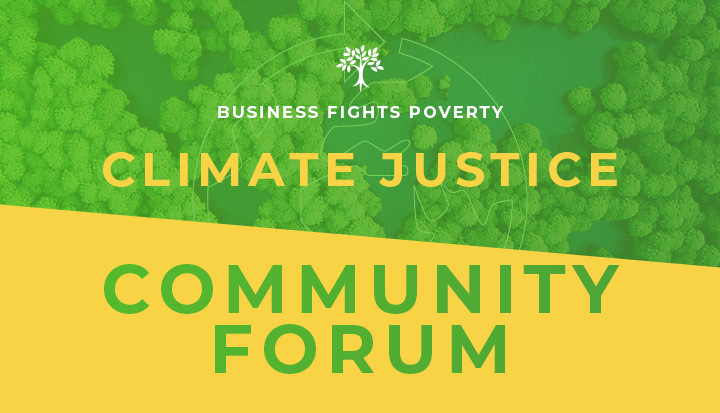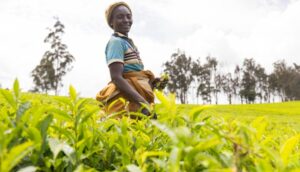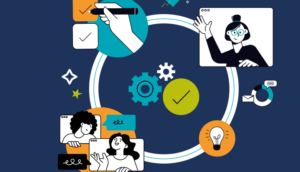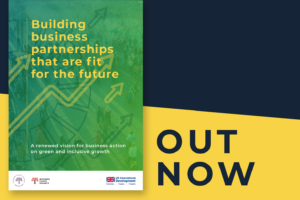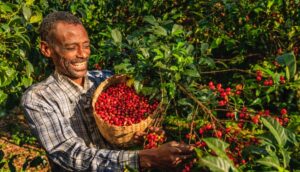Climate change is affecting us all, but the most severe impacts are being felt by the most vulnerable people, who contribute least to the causes of the problem. Existing inequities – due to factors such as gender, race and income – exacerbate the risks to people’s lives and livelihoods. Inequity also affects people’s capacity and opportunity to participate in the transition to a green economy. Climate change is the defining issue of our time. How we respond can enhance or undermine the human rights of people around the world.
UN Secretary-General, António Guterres, has described 2021 as a “crucial year in the fight against climate change”. The COP 26 Climate Summit is due to take place from 1 to 12 November in Glasgow under the Presidency of the UK. It will be the first time countries enhance their commitments under the Paris Agreement since it was adopted in 2015.
A new UN Climate Change Report shows that greater ambition is urgently needed; the country commitments it reviewed would cut emissions by less than 1 per cent by 2030 (as compared to 2010 levels). This is far below the 45 per cent cut needed to reach the 1.5°C goal.
reviewed would cut emissions by less than 1 per cent by 2030 (as compared to 2010 levels). This is far below the 45 per cent cut needed to reach the 1.5°C goal.
While attention has understandably been on the mitigation actions needed to tackle global warming – including getting to net zero greenhouse gas emissions by 2050 – there is growing understanding of the social equity and adaptation dimensions of climate change and the need to ensure the transition to a green economy is also a just one. While governments must take the lead, business and civil society organisations have a crucial role to play in supporting climate justice.
In our new Business and Climate Justice Action Framework (available to download here) we explore what climate justice means in practice and focus on three areas of social impact. The first two, lives and livelihoods, relate primarily to the risks of climate change, while the third – access to learning – relates to people’s ability to seize the opportunities of a green transition.
We illustrate the issues with examples from different countries and sectors, and interviews with three inspiring leaders: Bridgette Murray on her work supporting Black and Latino members of her community in Texas in the wake of recent storms; Esther Ngumbi on her experience building the resilience of women smallholder farmers in Kenya; and Monique Ntumngia on her mission to empower women in the clean energy sector in West Africa.
We draw out why a climate justice lens matters, both for communities and for companies. We set out how businesses can support fairness in climate action, through their core business capabilities and operations; philanthropy and social investments; and engagement in policy dialogue and strengthening institutions. We include a section on practical tools and resources for practitioners – from a wide range of experts and organisations.
This paper is intended to support a process of rapid shared learning and co-creation. We hope that it will provide a useful framing for practical conversations with peers, stakeholders and policy makers, and will inform coalition-building and local action.
The paper forms one part of a wider programme that Business Fights Poverty and its partners are convening to crowdsource and share best-practice examples and insights from a variety of companies, industry sectors and countries. It is accompanied by a series of online events and virtual peer group convenings. To learn more and stay up-to-date with events and other activities, click here.
We are developing a live database of business case studies, mapped across the Response Framework, as well as topic- and sector-specific practical toolkits to guide immediate and longer-term decision-making. Companies can submit their case studies for inclusion in the database at cl************@bu*******************.org
We are working with an international coalition of partners, businesses and business networks. We invite other individuals, businesses, civil society organisations, government agencies and networks to get involved to scale this collective effort to drive global learning and local action.



